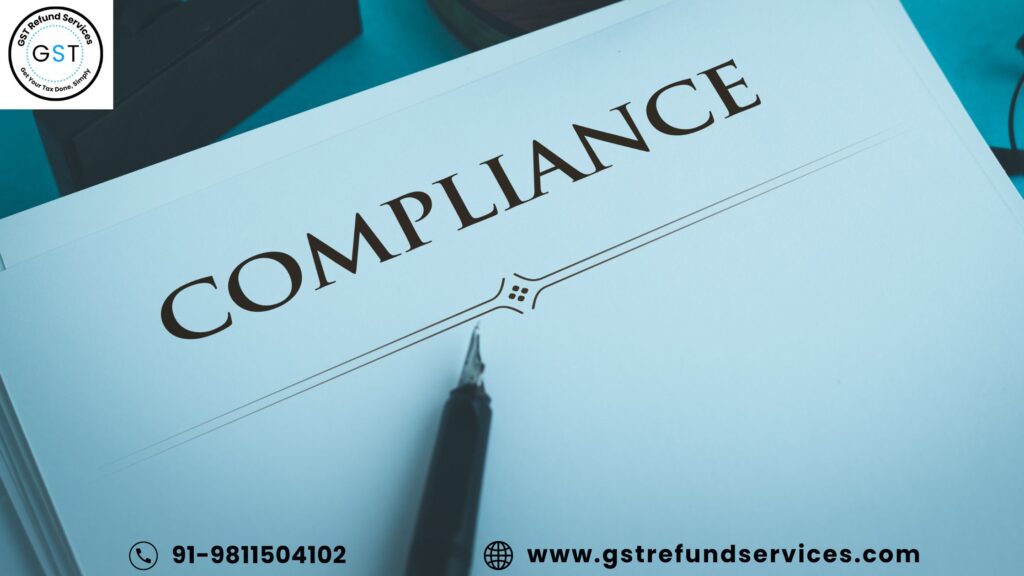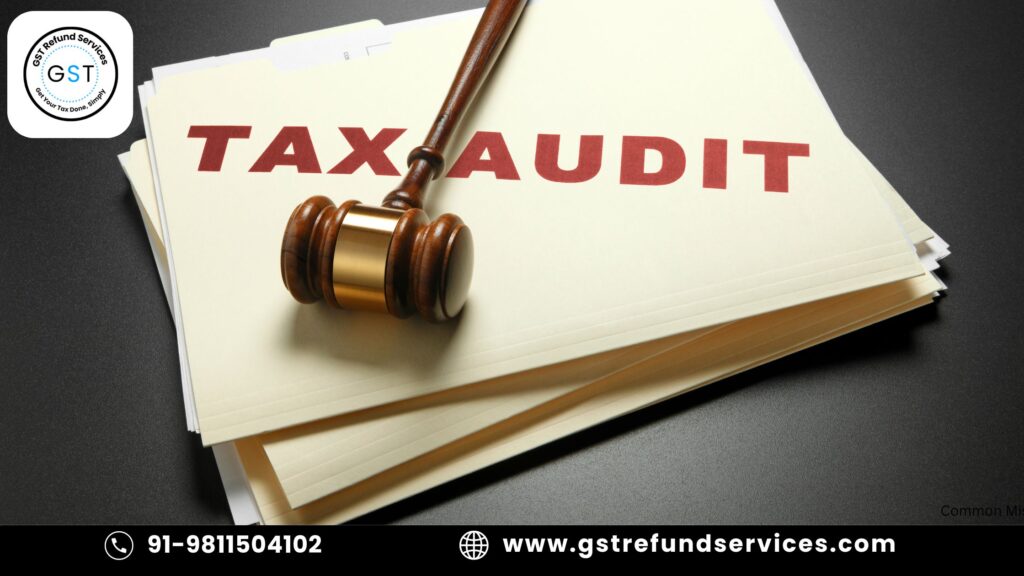
The landscape of tax compliance is undergoing a significant transformation, thanks to advancements in artificial intelligence (AI). GST (Goods and Services Tax) compliance, once a complex and time-consuming process, is now being streamlined and simplified through AI-driven solutions. These technologies are revolutionizing how businesses handle tax filing, calculations, and audits, making compliance more efficient and accurate. Here’s a comprehensive look at how AI is reshaping GST compliance and the benefits it brings to businesses
1. Automating GST Filing
One of the most impactful ways AI is transforming GST compliance is through automation. AI-driven systems can automate the entire GST filing process, from data collection to submission, significantly reducing the manual effort involved.
- Data Extraction and Input: AI algorithms can extract data from invoices and other financial documents, automatically populating GST return forms. This decreases the likelihood of human error and expedites the filing procedure.
- Real-Time Updates: AI systems can integrate with your accounting software to provide real-time updates and alerts. This ensures that your GST returns continue to be accurate and up-to-date with all of your most recent tax obligations.
- Error Detection: AI tools can identify inconsistencies and potential errors in your GST returns before submission. This helps in preventing mistakes that could lead to penalties or compliance issues.
2. Enhancing Tax Calculations
Accurate tax calculations are crucial for GST compliance. AI technologies are making tax calculations more precise and efficient by leveraging advanced algorithms and data analytics.
- Automated Calculations: AI systems can automate complex tax calculations, including the application of GST rates, ITC claims, and tax liabilities. This eliminates manual calculations and reduces the likelihood of errors.
- Dynamic Adjustments: AI can adapt to changes in tax laws and regulations in real time. This means that your tax calculations will always reflect the most current rules, ensuring compliance and accuracy.
- Scenario Analysis: AI tools can perform scenario analysis to forecast the impact of different tax strategies and decisions. This helps businesses optimize their tax positions and make informed decisions.
3. Streamlining GST Audits
AI is also transforming the audit process by making it more efficient and less cumbersome. AI-driven solutions can handle vast amounts of data quickly, providing valuable insights and reducing the manual effort required for audits.
- AI can evaluate massive amounts of transactional data to detect patterns, discrepancies, and potential problems.This makes the procedure for auditing more effective and thorough.
- Predictive Analytics: AI tools can predict areas of potential non-compliance or risk based on historical data and trends. This allows organizations to handle issues proactively before they become audit concerns.
- Compliance Monitoring: AI systems can continuously monitor compliance and provide alerts if any anomalies or discrepancies are detected. This ensures that businesses stay on top of their compliance requirements throughout the year.
4. Improving Accuracy and Reducing Errors
AI technologies enhance the accuracy of GST compliance processes by minimizing human error and ensuring consistency in data handling.
- Consistency in Data Entry: AI ensures consistent data entry across all GST-related documents and filings, reducing disparities and errors caused by manual data entry.
- Validation and Verification: AI systems can validate and verify data against regulatory requirements and predefined rules. This guarantees that all entries and calculations meet compliance requirements.
- Error Correction: AI tools can automatically correct errors and suggest adjustments based on historical data and regulatory guidelines. This increases the overall accuracy of GST filings.
5. Enhancing Efficiency and Reducing Costs
By automating and streamlining GST compliance processes, AI-driven solutions significantly improve efficiency and reduce operational costs.
- Time Savings: Automating routine tasks such as data entry, calculations, and filings saves valuable time for finance teams. This enables them to concentrate on strategic initiatives and value-added projects.
- Cost Reduction: Reducing manual effort and errors lowers the costs associated with compliance and audits. AI tools can help businesses manage their GST obligations more cost-effectively.
- Scalability: AI solutions can help your organization handle larger volumes of transactions and data without requiring additional manual labor. This makes managing GST compliance more manageable as your business grows.
6. Future Prospects: AI and GST Compliance
As AI technology continues to advance, its role in GST compliance is expected to expand further. Future developments may include more sophisticated predictive analytics, enhanced integration with other financial systems, and even greater automation capabilities.
- Integration with Blockchain: AI may integrate with blockchain technology to provide more secure and transparent GST compliance processes, reducing the risk of fraud and errors.
- Advanced Predictive Models: AI could develop more advanced predictive models to anticipate changes in tax regulations and provide real-time compliance guidance.
- Enhanced User Interfaces: Future AI solutions may offer more intuitive user interfaces and advanced features, making GST compliance even easier and more accessible for businesses of all sizes.
To adjust for these changes and optimize your ITC claims
Update your systems. Ensure that your accounting and invoicing systems are up to speed with the new regulations, which include e-invoicing and documentation standards. Train your team: Educate your finance and accounting departments about the new regulations and practices. Proper training will allow them to more efficiently manage ITC claims and assure compliance. Consult Professionals: If the changes appear difficult, try speaking with GST professionals or tax advisors who can provide direction and assist you in navigating the new ITC system. Stay Informed: Keep track of any new updates or explanations from the GST authorities. Check for ITC regulations-related notifications and circulars on a regular basis.


